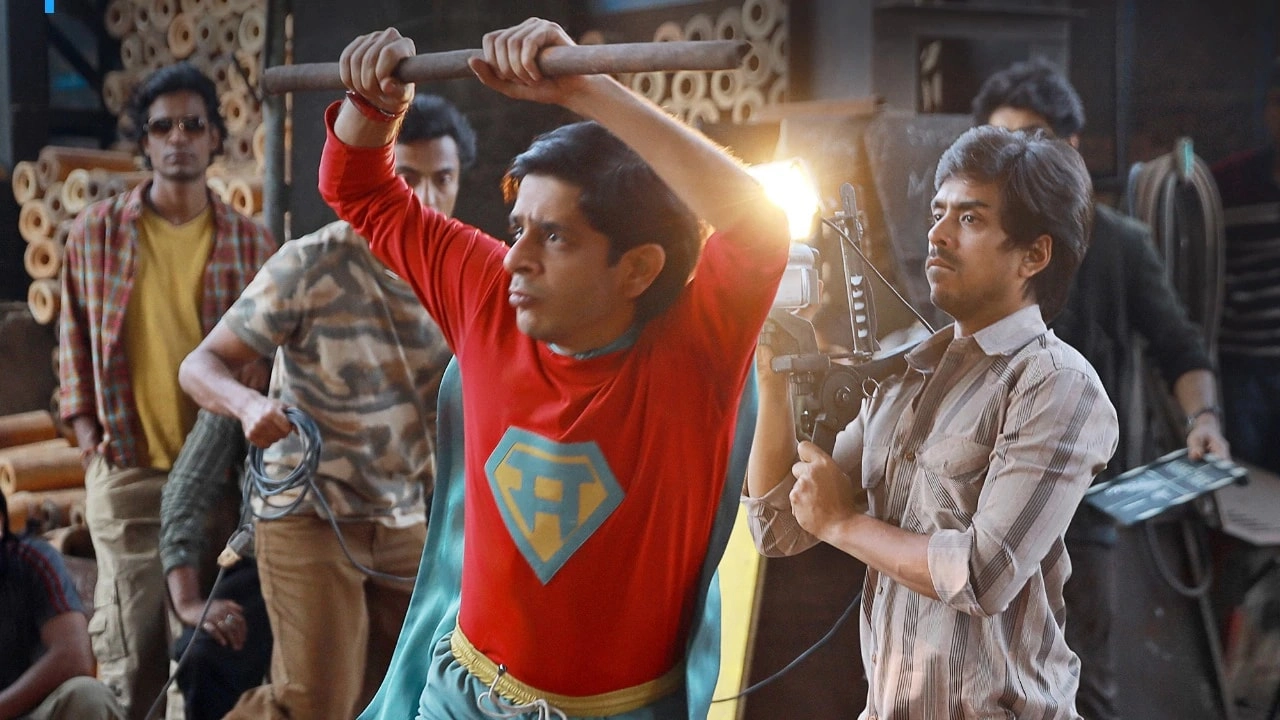Siddhu Jonnalagadda, a popular actor known for his roles in Telugu cinema, recently faced an unexpected and somewhat provocative question from a journalist during a press interaction. The inquiry, which bluntly asked, “Are you a womaniser?” caught Siddhu off guard, leading to a moment of frustration. His reaction highlights not just a personal annoyance but also raises broader questions about the boundaries of journalistic inquiry and the responsibility that comes with it. Siddhu expressed his discontent by stating that just because someone wields a microphone, it does not grant them the right to ask any question they please, regardless of its nature or implications.
This incident sheds light on the often blurred lines between public interest and personal privacy. As celebrities navigate their lives under the constant scrutiny of the media, they are frequently subjected to intrusive questions that can feel inappropriate or overly invasive. Siddhu’s response indicates a desire for respect and professionalism in interviews, emphasizing that journalists should exercise discretion when formulating their questions. His statement resonates with many individuals who believe that personal lives should not be treated as public fodder for sensationalism.
Moreover, the interaction underscores the importance of accountability in journalism. While it is essential for the media to ask tough questions and hold public figures accountable, it is equally crucial to maintain a level of decorum and respect. The public’s fascination with the personal lives of celebrities does not justify crossing ethical lines or making unfounded insinuations. As the discussion around media ethics continues to evolve, Siddhu’s reaction serves as a reminder of the need for thoughtful dialogue between journalists and the subjects they cover.
In a broader context, this situation reflects ongoing societal debates about gender and the treatment of individuals in the public eye. Questions regarding personal relationships, especially those that imply promiscuity or moral judgement, can perpetuate harmful stereotypes and contribute to a culture of shaming. Siddhu’s annoyance may stem not only from the nature of the question but also from the implications it carries in terms of societal expectations and gender norms. As conversations about respect, consent, and personal boundaries become increasingly relevant, both the media and celebrities must navigate these waters with care and consideration.




